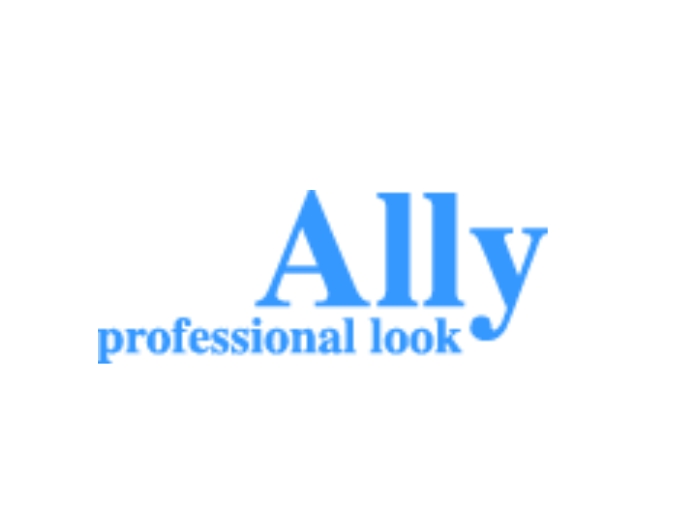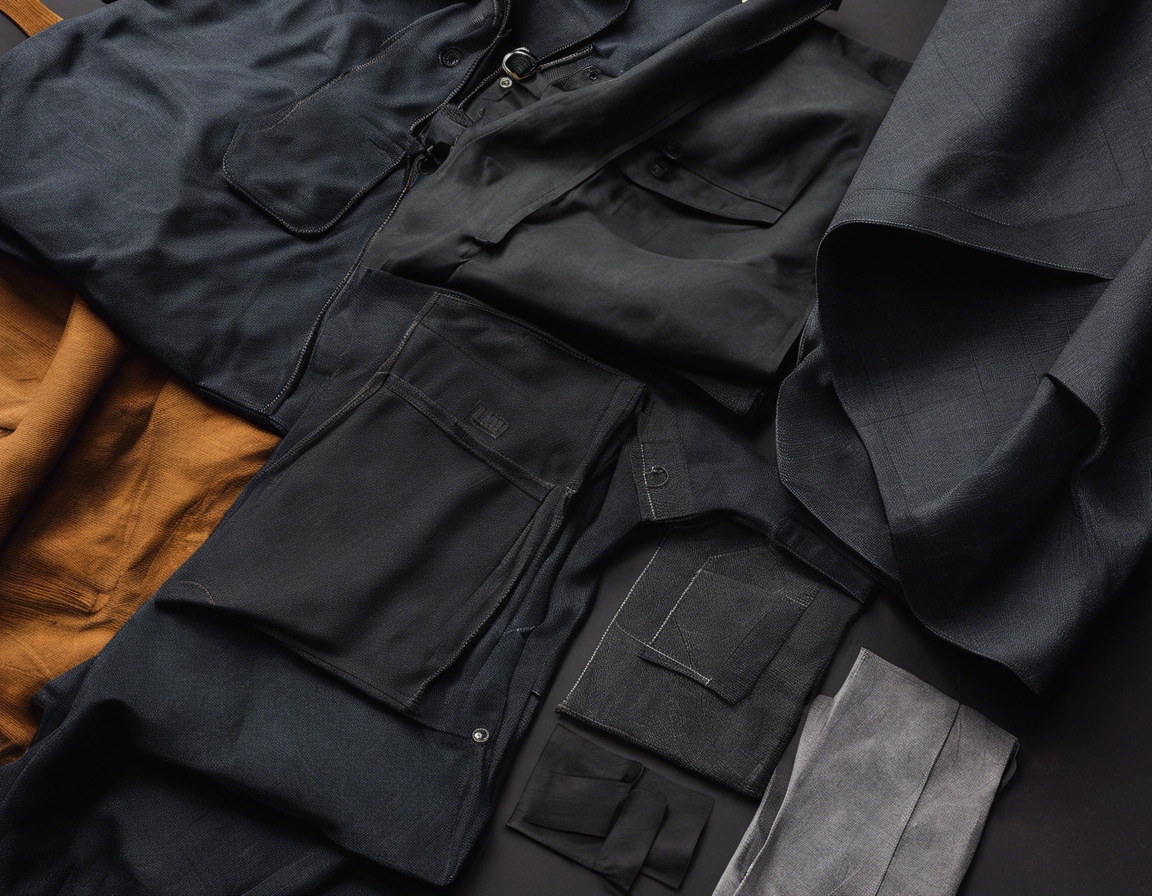The ultimate guide to choosing workwear materials
Choosing the right materials for workwear is crucial for professionals who rely on their attire to provide durability, functionality, and comfort throughout their workday. The material can affect the wearer's performance, safety, and overall satisfaction with their uniform.
Before diving into the vast world of fabrics, it's essential to understand the specific needs of your profession. Whether it's the need for stain resistance in the culinary field or the demand for antimicrobial properties in healthcare, each industry has unique requirements that workwear materials must meet.
Fabric Types and Their Properties
Natural fibers like cotton, wool, and linen are known for their breathability and comfort. However, they may not always offer the best durability or ease of care.
Synthetic fibers such as polyester, nylon, and acrylic are often chosen for their strength and resistance to wrinkles and shrinkage. They can also be engineered to provide additional benefits like moisture-wicking.
Blended fabrics combine the best of both natural and synthetic fibers, offering a balance between comfort, durability, and care.
Factors to Consider When Choosing Workwear Materials
Workwear should withstand the rigors of daily use without compromising on quality. Materials should be chosen based on their tensile strength and ability to resist wear and tear.
Comfort is key in workwear, as it directly impacts the wearer's ability to perform tasks efficiently. The material should allow for a good fit and adequate movement.
Easy-care fabrics that are machine washable and require minimal ironing are essential for busy professionals. Materials should also retain their shape and appearance after repeated laundering.
Depending on the industry, workwear materials may need to comply with specific safety standards, such as flame resistance or high-visibility.
With a growing focus on sustainability, choosing eco-friendly materials that have a lower environmental impact is becoming increasingly important.
Industry-Specific Material Considerations
In healthcare, materials must be easy to sanitize and resist the spread of pathogens. Fabrics with antimicrobial properties are often preferred.
Chefs and kitchen staff require materials that are heat resistant, easy to clean, and allow for freedom of movement.
Service industry professionals need materials that present a polished look while being comfortable and functional for long periods of standing or moving.
Technological Advancements in Workwear Fabrics
Advancements in fabric technology have led to the development of moisture-wicking materials that keep the wearer dry and comfortable.
New materials are being designed with antimicrobial and hypoallergenic properties to enhance hygiene and comfort for the wearer.
The integration of stretchable fibers has revolutionized workwear, providing unparalleled comfort and flexibility without sacrificing the garment's shape.








Comments (0)